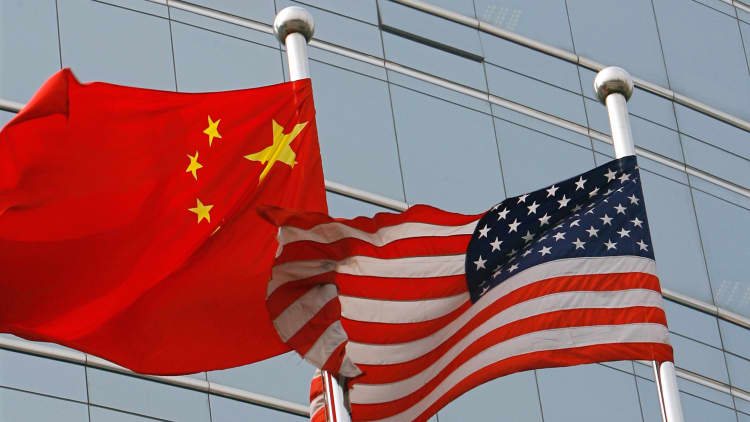What a waste! So much expertise and knowledge have gone into a new U.S. policy report on China. If Hillary Clinton had won the U.S. presidential election, the study led by some of America's foremost China experts and former policymakers might have become a blueprint.
But since the "wrong" guy won, you can be pretty sure all of its 74 pages have already been thrown into the rubbish bin at the White House. Some local news reports claim its authors are urging a harsher U.S. stance over Beijing's handling of Hong Kong affairs. It's actually nothing of the sort if you read the text as whole rather than taking a few sentences out of context.
The product of 18 months of research sponsored by the Asia Society and the University of California, San Diego, contributors include such luminaries as Orville Schell, Andrew Nathan, Elizabeth Economy, Charlene Barshefsky and David Shambaugh.

On Hong Kong and Taiwan, it argues the "one-China" policy, however interpreted, must remain the bedrock of U.S.-Sino relations. It essentially counsels a continuation of U.S. policy under Barack Obama: engage China but pivot to Asia; find common interests such as restraining North Korea and collaborating on climate change; and reassure U.S. allies about its security guarantee, including Taiwan.
More from the South China Morning Post:
China well on the way to ruling the waves
Trump urged to push Beijing on Hong Kong's autonomy
Diplomatic failings pile up for Trump
On Hong Kong, it says China must be made to respect its high degree of autonomy as guaranteed under the "one country, two systems" formula, the provisions of which are spelled out in the Basic Law and the Sino-British Joint Declaration. That's hardly controversial; everyone agrees on that, even Beijing. It's just that different parties interpret the Basic Law and the nature and extent of "autonomy" differently. The study even advises against unilateral actions, saying the Trump administration should "consult closely with London on all Hong Kong-related issues".
Trump has, at one time or another, threatened to undermine many of these policy pointers. He seems to think "one China" is just another bargaining chip. It is not even clear if his administration acknowledges the reality of climate change.
The report is a nice read for policy wonks and journalists. But it's preaching to the converted, and Trump and his team have radically different ideas. Perhaps the best we can hope for is that Trump will care nothing about Hong Kong and will not make it an issue to complicate Sino-U.S. relations.
Commentary by Alex Lo from the South China Morning Post.
For more insights from CNBC contributors, follow @CNBCopinion on Twitter.

